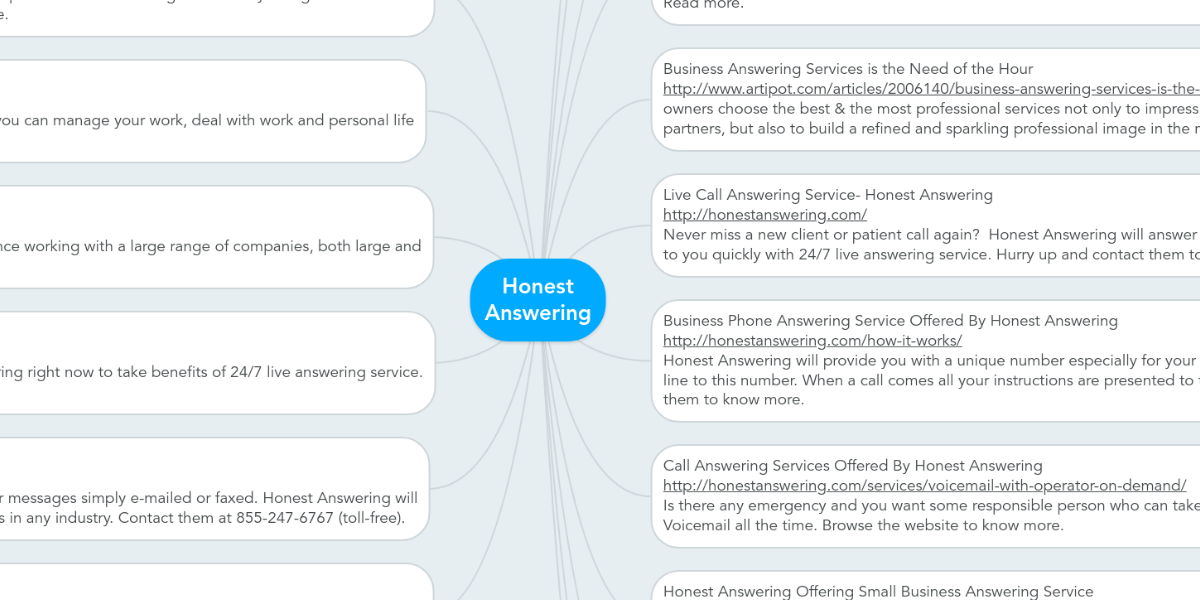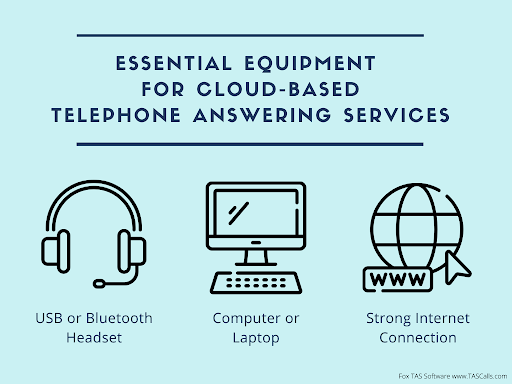All Categories
Featured
Table of Contents
- – Which Is The Best What Is A Phone Answering Ser...
- – Who Is The Best What Is An Answering Service? ...
- – What Is The Best Answering Services 101: Every...
- – What Is The Best Answering Machine To Buy
- – Who Is The Best A Guide To Using Automated An...
- – What Is The Best What Is An Answering Servic...
Which Is The Best What Is A Phone Answering Service? Service?
This gadget and its successors were created by Sava Jacobson, an electrical engineer with a private consulting business. While early voice mail used magnetic tape technology, the majority of contemporary equipment uses solid state memory storage; some devices utilize a combination of both, with a solid-state circuit for the outgoing message and a cassette for the incoming messages.
"toll saving" listed below) (call answering services). This works if the owner is screening calls and does not wish to consult with all callers. In any case after going, the calling party needs to be informed about the call having been addressed (in many cases this starts the charging), either by some remark of the operator, or by some greeting message of the TAD, or dealt with to non-human callers (e.
This holds especially for the Little bits with digitally saved welcoming messages or for earlier makers (prior to the increase of microcassettes) with an unique unlimited loop tape, different from a 2nd cassette, dedicated to recording. There have actually been answer-only devices with no recording abilities, where the welcoming message had to inform callers of a state of existing unattainability, or e (phone answering).
Who Is The Best What Is An Answering Service? - Ruby Blog Manufacturer

about accessibility hours. In tape-recording Littles the greeting typically consists of an invitation to leave a message "after the beep". An answering maker that uses a microcassette to record messages On a dual-cassette answerphone, there is an outbound cassette, which after the specified variety of rings plays a pre-recorded message to the caller.

Single-cassette voice mail consist of the outbound message at the start of the tape and incoming messages on the remaining space. They first play the statement, then fast-forward to the next offered space for recording, then tape the caller's message. If there are numerous previous messages, fast-forwarding through them can trigger a considerable delay.
This beep is often described in the welcoming message, requesting that the caller leave a message "after the beep". TADs with digital storage for the taped messages do disappoint this hold-up, naturally. A little may use a remote control center, where the answerphone owner can ring the house number and, by entering a code on the remote telephone's keypad, can listen to taped messages, or erase them, even when away from home.
What Is The Best Answering Services 101: Everything You Need To Know ... Company

Thus the machine increases the number of rings after which it responds to the call (normally by 2, resulting in four rings), if no unread messages are currently stored, however responses after the set number of rings (usually two) if there are unread messages. This allows the owner to learn whether there are messages waiting; if there are none, the owner can hang up the phone on the, e.
Some devices likewise permit themselves to be from another location activated, if they have been changed off, by calling and letting the phone ring a specific large number of times (typically 10-15). Some company desert calls already after a smaller sized number of rings, making remote activation difficult. In the early days of Littles a special transmitter for DTMF tones (dual-tone multi-frequency signalling) was regionally required for push-button control, considering that the formerly employed pulse dialling is not apt to communicate proper signalling along an active connection, and the dual-tone multi-frequency signalling was carried out stepwise.
Any inbound call is not recognizable with regard to these properties in advance of going "off hook" by the terminal devices. So after going off hook the calls need to be switched to proper devices and just the voice-type is right away available to a human, but possibly, however ought to be routed to a LITTLE (e.
What Is The Best Answering Machine To Buy
What if I informed you that you do not have to really get your device when addressing a client call? Somebody else will. So convenient, right? Addressing telephone call doesn't need somebody to be on the other end of the line. Effective automated phone systems can do the trick simply as efficiently as a live representative and sometimes even much better.
An automatic answering service or interactive voice reaction system is a phone system that communicates with callers without a live person on the line - answer phone service. When companies use this technology, clients can get the response to a concern about your business merely by using interactions established on a pre-programmed call flow.
Although live operators update the customer support experience, many calls do not need human interaction. An easy taped message or directions on how a client can recover a piece of info normally solves a caller's immediate requirement - virtual telephone answering. Automated answering services are a basic and effective way to direct inbound calls to the best individual.
Who Is The Best A Guide To Using Automated Answering Systems
Notification that when you call a business, either for assistance or item query, the very first thing you will hear is a pre-recorded voice greeting and a series of choices like press 1 for client service, press 2 for questions, and so on. The pre-recorded options branch out to other options depending upon the customer's selection.
The phone tree system assists direct callers to the ideal person or department utilizing the keypad on a mobile phone. In some circumstances, callers can use their voices. It deserves keeping in mind that auto-attendant alternatives aren't limited to the ten numbers on a phone's keypad. When the caller has actually chosen their first alternative, you can develop a multi-level auto-attendant that utilizes sub-menus to direct the caller to the right kind of help.
The caller does not need to interact with a person if the auto-attendant phone system can handle their concern. The automated service can route callers to a worker if they reach a "dead end" and require support from a live agent. It is pricey to employ an operator or executive assistant.
What Is The Best What Is An Answering Service? Program?
Automated answering services, on the other hand, are significantly more economical and supply significant expense savings at an average of $200-$420/month. Even if you do not have committed staff to manage call routing and management, an automated answering service improves performance by permitting your group to concentrate on their strengths so they can more efficiently spend their time on the phone.
A sales lead routed to customer support is a lost shot. If a consumer who has item concerns reaches the wrong department or gets insufficient responses from well-meaning workers who are less trained to handle a particular kind of question, it can be a reason for aggravation and discontentment. An automatic answering system can decrease the number of misrouted calls, consequently assisting your workers make better usage of their phone time while maximizing time in their calendar for other tasks.
With Automated Answering Systems, you can create a tailored experience for both your staff and your callers. Make a recording of your primary greeting, and just update it frequently to reflect what is going on in your company. You can develop as many departments or menu choices as you want.
Table of Contents
- – Which Is The Best What Is A Phone Answering Ser...
- – Who Is The Best What Is An Answering Service? ...
- – What Is The Best Answering Services 101: Every...
- – What Is The Best Answering Machine To Buy
- – Who Is The Best A Guide To Using Automated An...
- – What Is The Best What Is An Answering Servic...
Latest Posts
Efficient Business Phone Answering Services Near Me ( Australia 2900)
Emergency Call Answering Service Near Me – Australia
Budget-Friendly Receptionist Service – Darling Downs 4350
More
Latest Posts
Efficient Business Phone Answering Services Near Me ( Australia 2900)
Emergency Call Answering Service Near Me – Australia
Budget-Friendly Receptionist Service – Darling Downs 4350